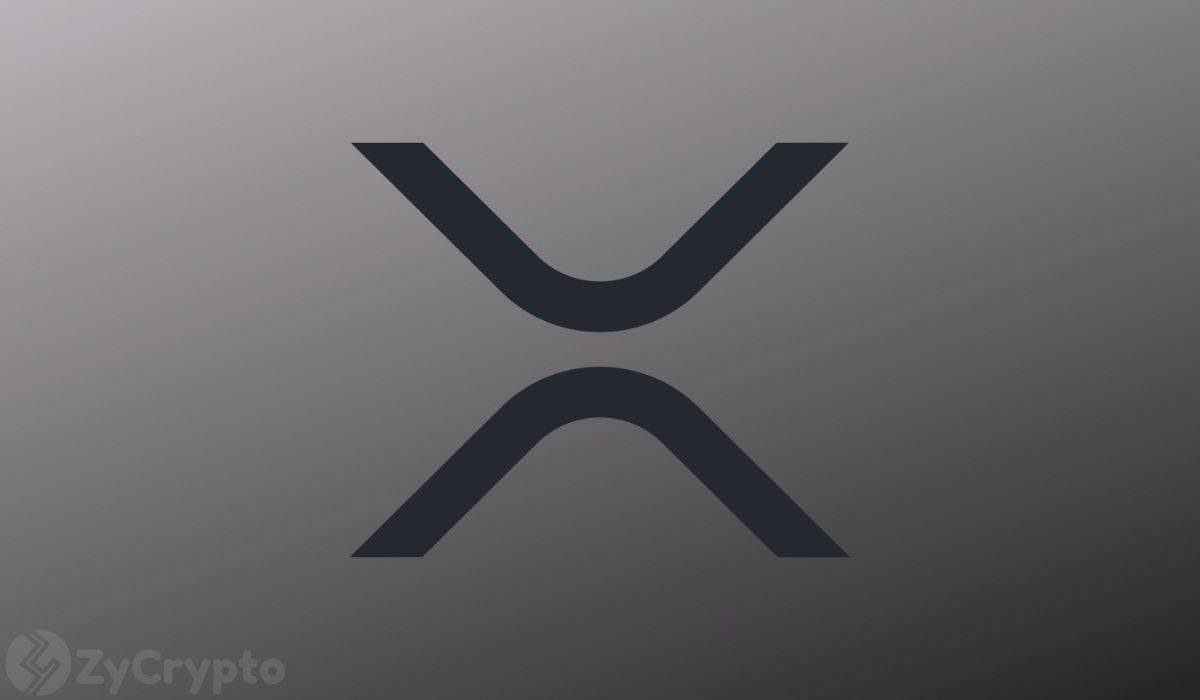Amidst all the twists and turns in Ripple’s legal battle with the U.S. Securities and Exchange (SEC), the XRP price recently plunged to where it was before the landmark ruling by Analisa Torres in July 2023.
CryptoLaw founder John Deaton, who is an XRP holders’ attorney, wondered whether XRP would have been in a much better position if the lawsuit was not instigated by the SEC against Ripple and two of its top executives in 2020. He explained that the case definitely had a detrimental effect on XRP and development related to the XRP Ledger.
The Immeasurable Damage To XRP
In December 2020, the SEC initiated a complaint against Ripple, its CEO Brad Garlinghouse, and co-founder Chris Larsen, alleging failure to register its token XRP as a security before selling around $1.3 billion worth.
Ripple, however, secured a partial victory in the case in July when the U.S. District Court of the Southern District of New York proclaimed that the sale of its XRP token on exchanges and via algorithms did not constitute investment contracts — this was considered a milestone win for the crypto industry. While the ruling was a reassuring development for XRP holders, there is no doubt that XRP had already endured huge setbacks due to the suit.
In his latest X post, XRP attorney John E. Deaton observed that the SEC spat hurt not only Ripple but also XRP. Deaton claimed the litigation had cost XRP three whopping years of adoption. In crypto, three years is a long time since that period saw noteworthy advances, innovations, and a parabolic bull rally.
The legal expert highlighted how Coinbase was a big proponent of XRP before the lawsuit forced the exchange to delist the token. In fact, Deaton disclosed that he doubled down on his XRP stash after Coinbase added XRP trading and boosted XRP’s utility.
Deaton recalled that Coinbase did its due diligence and even contacted the SEC to confirm the legal status of XRP before listing it. During a meeting in January 2019, Coinbase told the SEC that it assessed XRP based on its rigid framework for crypto assets, the same framework a top executive at the regulatory agency had publicly praised Coinbase for.
Deaton opined that the attorneys for “MoneyGram also determined, just like Coinbase’s lawyers, and just like the SEC enforcement lawyers in June 2018, that XRP was NOT a security.” However, despite all the steps Ripple partners took, SEC launched the suit against the San Franscisco-based fintech firm.
Would Coinbase Have Invested In Ripple?
Just yesterday, Coinbase and stablecoin operator Circle announced they were expanding the USDC stablecoin networks. As part of the move, Coinbase acquired a minority stake in Circle and will be working to “unlock additional utilities and grow the USDC ecosystem.”
Reacting to this news, Deaton reflected on how Ripple and XRP were on a pathway to tremendous adoption in the cross-border payment business, and if the SEC’s lawsuit never happened, Coinbase may have purchased an equity stake in Ripple instead.
Though Coinbase made XRP available again to U.S. users after the historic verdict, MoneyGram did not renew its alliance with Ripple. Instead, the American remittance company forged a new partnership with Ripple competitor Stellar Development Foundation (SDF) in October 2021 to facilitate transfers with the USD Coin (USDC) stablecoin.
This month, the Stellar Foundation became a minority investor in MoneyGram using money from its cash treasury.
